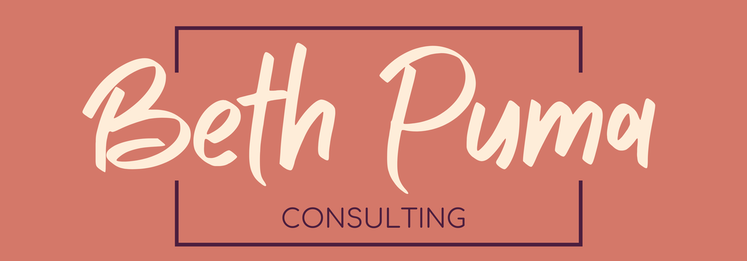 Photo Credit: Eric Terrade Photo Credit: Eric Terrade One of my favorite classes to co-teach in is art classrooms. Art teachers understand the importance of performance based assessment and students needing time to rehearse and practice both artistically and linguistically. The language is rich with Tier 3 vocabulary and more importantly Tier 2 words. I had the pleasure of working with a co-teacher named Victoria for one year on AP Studio Art, which despite being a portfolio based AP course requires intensive academic English. My school at the time was comprised of bilingual students with different degrees of English proficiency. It was an absolute joy. I had the pleasure of working with other AP courses as an EAL specialist. The biggest challenge that I experienced was not the dense content, or my students developing English proficiency, but rather the great bravado of the AP; the notions of what an AP class is and an AP class isn't. In classes like Victoria's and others, co-planning was a reciprocal process, a balancing of the content needed and the ELL strategies that were important for students to access the content and develop academic discourse. It was a synergistic relationship centered around students and formative assessment, rather than an external exam. That is why when Victoria shared the Atlantic article Rewriting Art History by Jacob Urist I was excited to read it. It may be a year old, but the message still rings true. I applaud the College Board for analyzing a test and making the appropriate changes to diversify the artists and narrow the content in order to allow for more depth. This also allows for a pedagogical shift, where teachers are able to design a variety of educational experiences, rather than frantically covering art from the Stone Age to today. I wonder what other AP exams will follow suit? What strategies might be integrated into an AP Art History (or rather any AP class) class in order to benefit ELL students? What are the possibilities?
What strategies have you found successful for ELL students in your AP classroom?
0 Comments
 Photo Credit. Giancarlo-Greco Photo Credit. Giancarlo-Greco As educators, we have the ability to transform our classrooms and our schools, in order to help our students arise to the challenges posed in the 21st century. We have the ability to reflect upon the macro and micro decisions we make as educators that help nurture our students socially, emotionally, academically, and linguistically. In our rapidly changing world, we have to ask ourselves, are our school's keeping up? As many educators enter summer break, we know we must recoup our emotional energy through travel, visiting with family, pursuing passion projects, and perhaps simply a lot of Netflix catchup! However, once some of your "emotional bucket" is replenished it is important to reflect upon your school year. What are your professional successes this year? What might you want to refine for next year? And finally, what will you do next year to foster a transformative, equitable classroom? I am so excited to be launching this website so that I can share with you strategies, articles, and personal pondering that might help you in your own professional journey in creating a transformative classroom. |
Beth PumaI am an MLL specialist, coach, and educational consultant that is dedicated to building a more transformative educational landscape that honors linguistic diversity and challenges societal paradigms. Archives
July 2024
Categories
All
|

